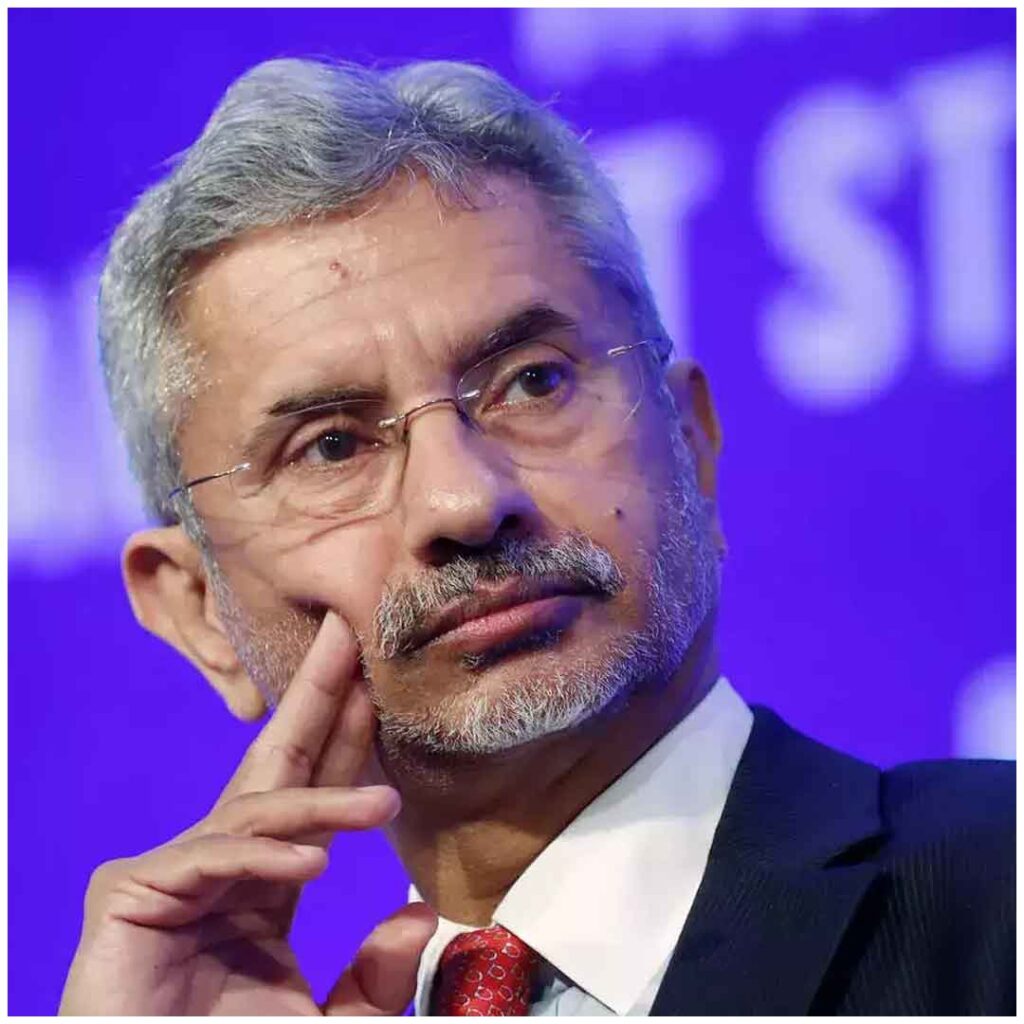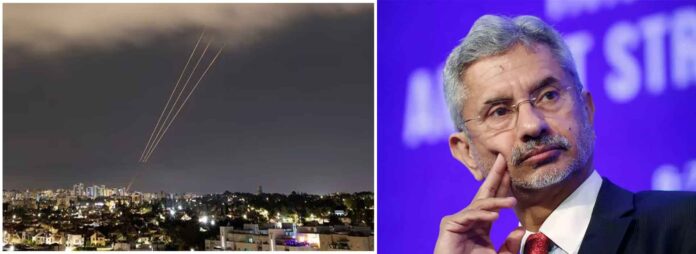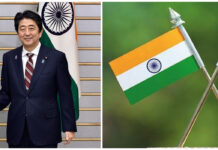In the wake of recent drone attacks on Israel, purportedly carried out by militant groups in West Asia, nations worldwide are reassessing their foreign policy and defense strategies regarding the region. India, with its strategic interests and longstanding relations in West Asia, faces unique challenges and opportunities in formulating its response. This article examines India’s multifaceted strategy in response to the escalating tensions and violence in West Asia, particularly concerning the impact on Israel.

Diplomatic Engagement
India’s initial response to the crisis has traditionally been rooted in diplomatic engagement. The country maintains a balanced stance, owing to its historical and economic ties with both Arab nations and Israel. Following the drone attacks, the Indian government reiterated its call for peace and stability in the region, urging all parties involved to engage in dialogue and refrain from actions that could escalate tensions further.
India’s Ministry of External Affairs has likely been in close contact with its counterparts in Israel, offering condolences and solidarity, while also engaging with nations such as Saudi Arabia, Iran, and the UAE to gauge their perspectives and influence a peaceful resolution. This diplomatic balancing act is crucial, considering India’s reliance on West Asia for energy imports and the presence of millions of Indian expatriates in the region.
Economic Considerations
Economic implications are significant in shaping India’s response. West Asia is a vital source of oil and gas for India, which is one of the reasons the region holds substantial sway over India’s foreign policy decisions. In light of the attacks, there is a potential risk of disruption in oil supplies which could impact global oil prices, affecting India’s economy directly.
In response, India might look to diversify its energy sources more aggressively, including ramping up renewable energy projects and exploring alternative oil suppliers. This strategy not only helps mitigate immediate risks associated with geopolitical instability but also aligns with India’s long-term energy security goals and its commitments to the Paris Agreement on climate change.
Defense and Security
The drone attacks on Israel also highlight the evolving nature of threats in modern warfare, prompting India to reassess its own defense preparedness. India has been investing in advanced defense technology, including drone warfare, and the recent events may accelerate these initiatives. Collaborations with Israel, a leader in cutting-edge defense technology, are likely to deepen, with potential increases in joint development projects and defense trade.
India’s strategic community is also expected to enhance its surveillance and intelligence capabilities, both domestically and in monitoring developments in West Asia. This could involve greater maritime and cyber security measures, given the interconnected nature of these domains with regional stability.
International Cooperation
India’s response to the drone attacks extends to the realm of international cooperation. As a member of various international forums such as the United Nations, BRICS, and the G20, India has the platform to advocate for and contribute to a multilateral approach to security issues in West Asia.
India could play a role in fostering dialogues through these international bodies, emphasizing the need for a collective effort to address the causes of instability and promote peace in the region. Such efforts not only contribute to global peace but also enhance India’s stature and influence on the international stage.
Conclusion
India’s response to the drone attacks on Israel is characterized by a nuanced approach that considers diplomatic, economic, defense, and international dimensions. By maintaining a balanced diplomatic stance, enhancing economic resilience, boosting defense capabilities, and promoting international cooperation, India aims to safeguard its interests and contribute to regional stability. This strategy, while complex, is necessary given the multifaceted challenges posed by the evolving geopolitical landscape in West Asia. As tensions continue, the effectiveness of India’s multifaceted strategy will be closely watched by the international community, offering lessons and insights into the dynamics of modern international relations and conflict resolution.






















